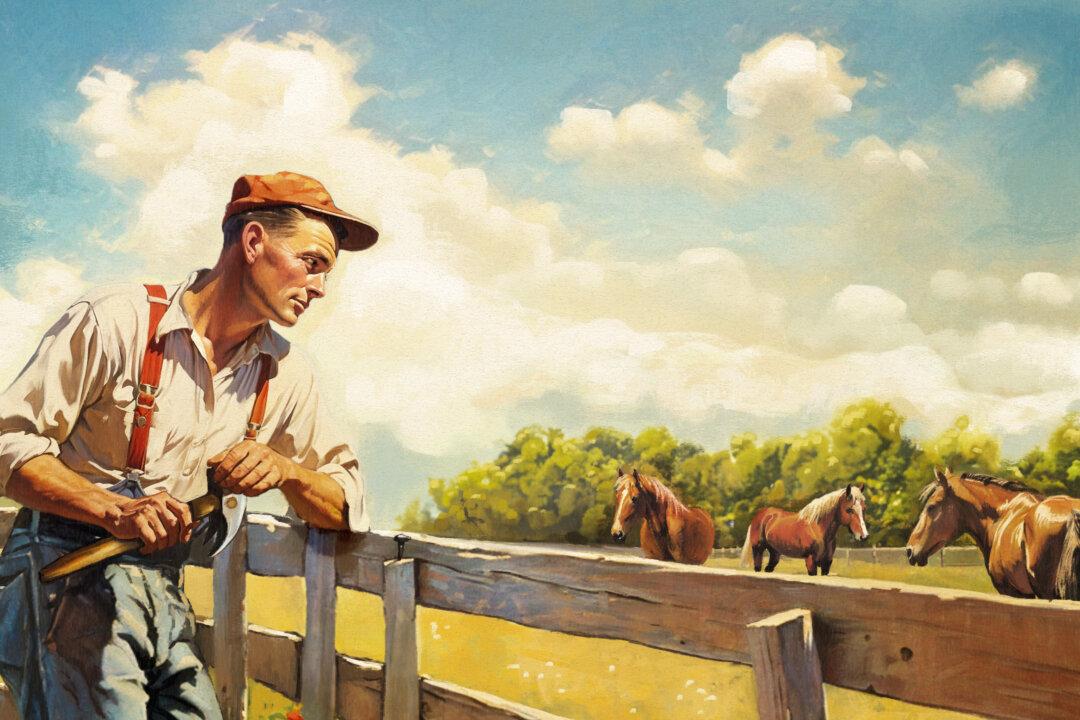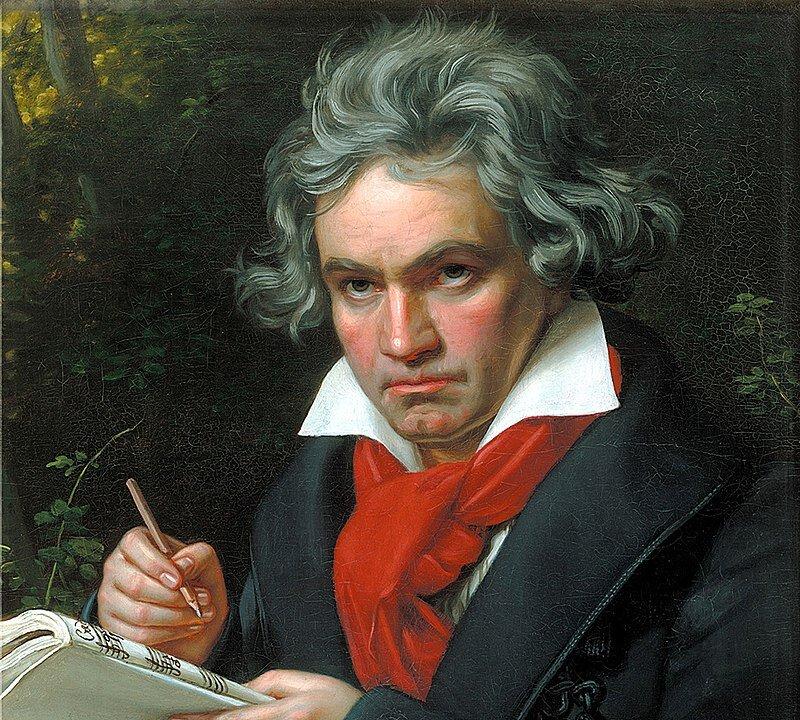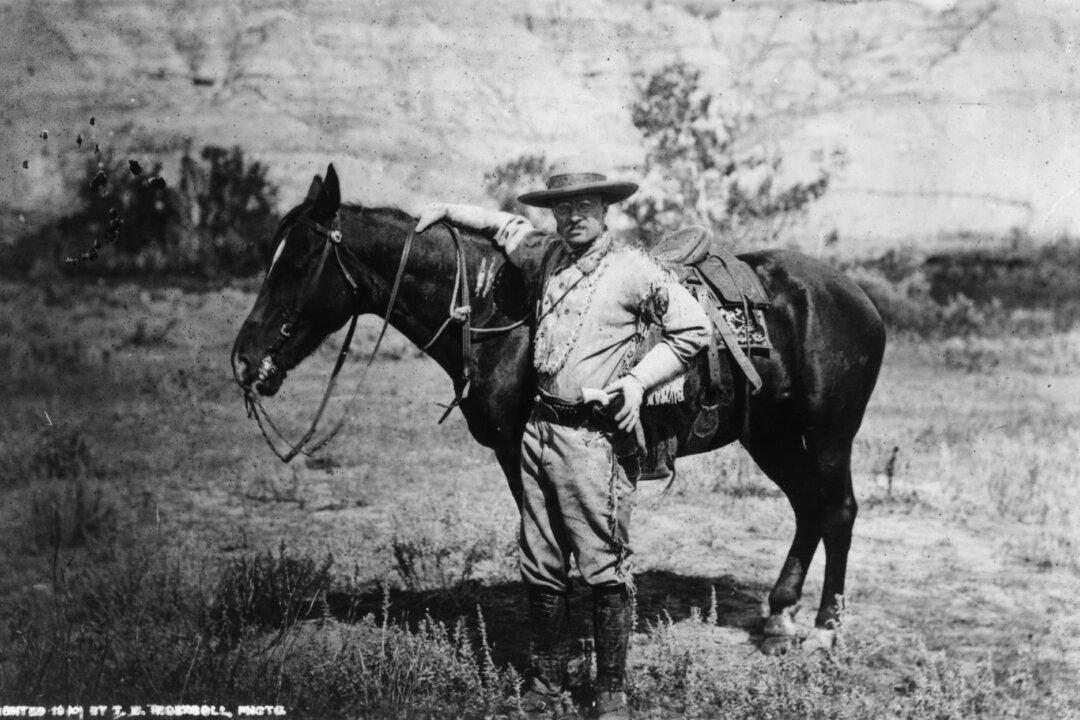We have all felt it: the rising prices, the pinch, the need for more family budget meetings. Times are tough for many of us, but there is always a silver lining.
The flooding of U.S. markets with cheap imported goods over the last few decades has certainly fed a consumer culture and fed the drive for instant gratification. Times like these can help us remember the important things and rein in our wants and desires.





